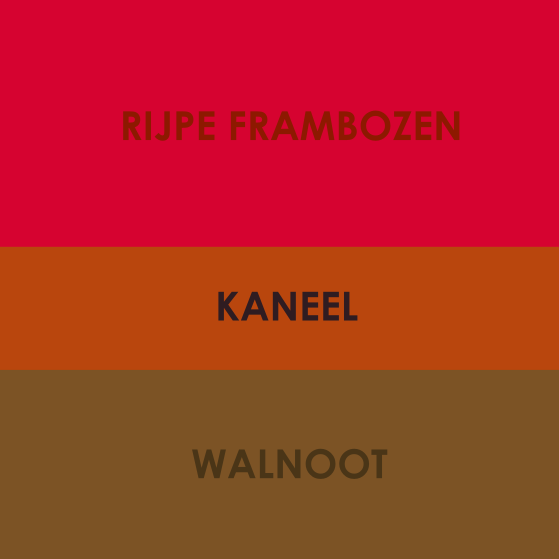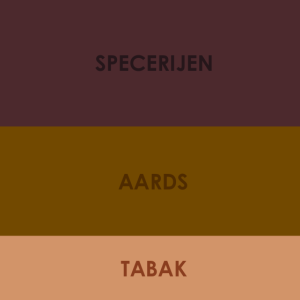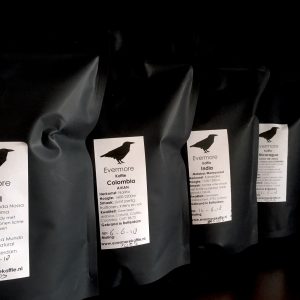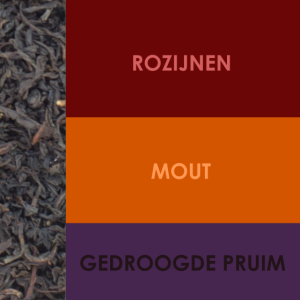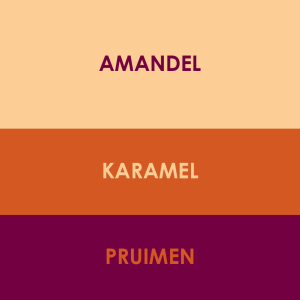Microlot coffee beans from Yemen: the first country in the world to start growing coffee
Haraaz is a mountainous area in Sana’a governorate with an area of 1276 km2. Its highest point is 3000 metres above sea level. A total of 140,000 people live in Haraaz, of whom at least 1,500 families are financially dependent on coffee cultivation.
Yemen coffee beans are known for their sweet mocha flavour with hints of honey, cherries, ripe raspberries and a nutty finish like marzipan. This microlot is produced by 26 smallholder farmers who carefully hand-pick fresh coffee berries and receive a fair price from Qima Coffee in return. Qima Coffee then processes them naturally on drying beds for about 38 days before further distributing the batch in vacuum packaging, to Evermore in Rotterdam, among others.
Process: double anaerobic fermentation
Yemen Haraaz Sana’a is double fermented without oxygen and sun-dried. These beans from the Yemenia cultivar (indigenous to Yemen) were first dried for 5 days, then underwent 3 days of anaerobic fermentation, then sun-dried for 1 day and another 4 days of anaerobic fermentation, before final drying for 25 days.
Evermore roasts Yemen Haraaz Sana’a green coffee beans to order, allowing us to guarantee a perfectly fresh cup of coffee. We do a ‘medium roast’ so that the floral and sweet notes from the coffee are accentuated.
Flavour: balanced sweetness, ripe raspberries, cinnamon, walnut. An absolute sensorial taste experience, true world class.
- Variety: Yemenia (Arabica)
Process: anaerobic double fermentation
Origin: Haraaz, Sana’a, Jemen
Altitude: 1800 – 2200 m above sea level
Roast: medium. Perfect for espresso, filter of cold drip.
Yemen Haraaz Sana’a coffee beans are freshly roasted in our Rotterdam-West coffee roastery upon request
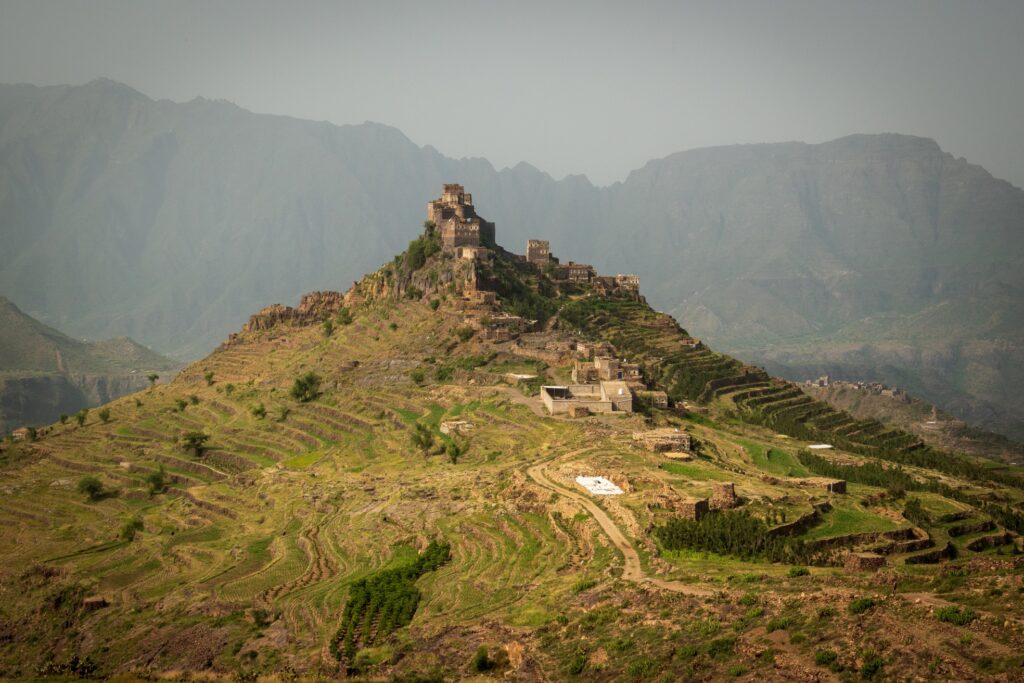
Haraaz
About Qima Coffee
Established in 2016, Qima Coffee is Yemen’s first accredited specialty coffee producer. By reintroducing the most refined and rare specialty coffees to the world, Qima hopes to restore its former glory as a renowned coffee exporter and living conditions in the war- and drought-ravaged country.
The company has direct partnerships with small-scale farmers in central and northern Yemen and guarantees a traceable and transparent supply chain. Qima pays an average of twice the market price to each farmer and donates 10% of annual profits to the Qima Foundation, which supports education and agriculture projects in Yemen.
Faris Sheibani of Qima coffee told NRCnewspaper about coffee traceability and the exceptional conditions in Yemen.
Yemen’s coffee culture
Until the early 18th century, Yemen was the world’s only producer and exporter of coffee. The drink was reportedly first consumed in 1450 by the country’s mystical Sufis – who drank it to stay awake for nocturnal meditations.
Yemen’s coffee beans are very small and compact because they grow at high altitudes. This results in a very concentrated flavour. Farmers still grow the coffee berry the traditional way without chemical pesticides or fertilisers. The coffee is usually dried in the husk and stripped of its pulp using a traditional millstone.
